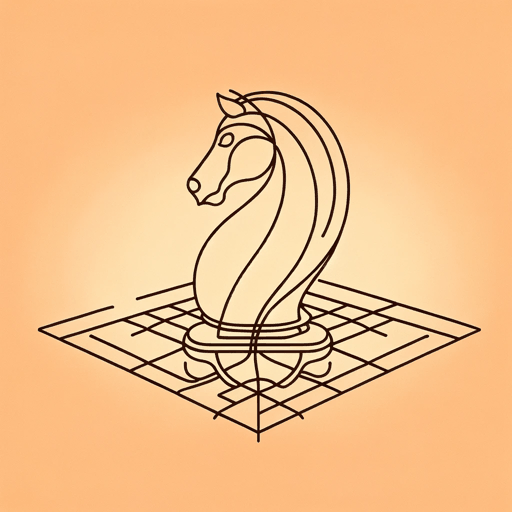69 pages • 2 hours read
Sun TzuThe Art of War
Nonfiction | Book | Adult | BCEA modern alternative to SparkNotes and CliffsNotes, SuperSummary offers high-quality Study Guides with detailed chapter summaries and analysis of major themes, characters, and more. For select classroom titles, we also provide Teaching Guides with discussion and quiz questions to prompt student engagement.
Chapters 9-11Chapter Summaries & Analyses
Chapter 9 Summary: “The Army on the March”
When traveling, move quickly through mountains and across rivers and keep to valleys. If an enemy crosses a river, wait until it’s halfway across to attack. Any such approach should be made from upriver, lest the opposition manipulate the waters to flood you.
Avoid swamps and marshes, and camp on high, flat ground, with any hills to your rear. Arrange battlefields so that the enemy has difficult terrain to its rear. Observe carefully the enemy’s actions: Lots of dust means troop movements; shouting and threats suggest weakness; chariots arranging themselves on the flanks signal the battle is about to start.
Keep alert for signs of trouble among enemy ranks, including knots of men speaking quietly or flags being moved around. If water carriers drink first, this hints at low water supplies; if the men lean on their spears, they’re hungry. Commotion at night suggests nervousness.
Soldiers must be treated kindly at first until they respect their leader, and afterwards they must be punished strictly for any misbehavior. Punishing troops before they’ve bonded to their general will cause unrest.
Featured Collections
Asian History
View Collection
Books About Leadership
View Collection
Business & Economics
View Collection
Challenging Authority
View Collection
Chinese Studies
View Collection
Memorial Day Reads
View Collection
Military Reads
View Collection
Politics & Government
View Collection
Power
View Collection
Required Reading Lists
View Collection
Teams & Gangs
View Collection
War
View Collection

